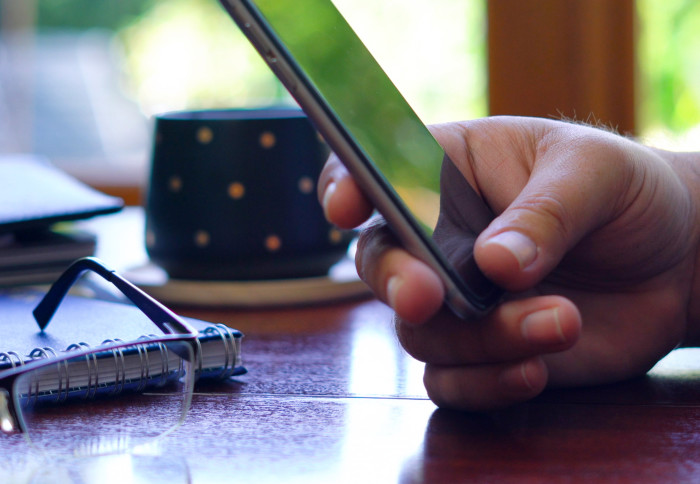AI call centre supports isolated households during COVID-19 pandemic

An AI call centre developed by an Imperial graduate is helping to identify households needing extra support during lockdown.
Yokeru, founded by Monty Alexander and his brother Hector, is designed to ensure that shielding residents get the support they need while isolating. Their system has been piloted at Hammersmith & Fulham Council since 14 May, helping hundreds of households get extra support.
Improving communication
The pair founded Yokeru after their grandmother fell over and was left for eight hours unaided. They identified that other vulnerable people who might be shielding may be struggling to get the help they need.
They started the business while Monty was studying Mechanical Engineering at the College in an attempt to improve communication between vulnerable people and caregivers but are now applying it in the current crisis.

Contacting 9,000 shielding residents
Yokeru is helping commissioners bridge the gap between health and social care to address unmet needs at a time of national crisis. Dr Austen El-Osta School of Public Health
Yokeru contacts 9,000 shielding residents in the borough every two weeks, to ask how they are coping with self-isolation, if they feel at risk, and if they have concerns for their mental or physical safety. Responses are presented to the Council and the appropriate officers make contact with those who need specific help. The AI system costs around a fifth of traditional call centres to run.
927 households with “unmet needs” such as struggles to get food or medication, loneliness, mental health and safeguarding concerns have so far been identified and offered help.
Using a human call operator, it would have taken the Council 225 hours, or 32 working days, for every day of calls made by Yokeru in order to reach all the shielded households.
Low cost, high effectiveness
The technology reaches people through a traditional landline or mobile phone line, therefore doesn’t exclude older people who may not have a smartphone or internet access.
The brothers believe it could be used in many other settings, as well as if a second wave of COVID-19 forces another lockdown.
Monty told the PA news agency: “We understand that the use case of an automated call service fits very well with supporting shielded individuals, but we also understand that local authorities and care providers reach out and have check-in appointments with people who have been discharged from hospital, people with disabilities, or people with benefits notifications.
“And so there are many, many applications for this new approach for contacting, at a low cost but with high effectiveness, individuals within the community.”
Bridging gap between health and social care
Dr Austen El-Osta, Director of the Self-Care Academic Research Unit and Primary Care & Public Health Research Manager in the School of Public Health, said: “The potential gain from leveraging artificial intelligence and information technology to help councils and local authorities identify and support people with unmet needs is a real game-changer.
“By engaging and following up on thousands of residents in the borough who are shielding from coronavirus, Yokeru is helping commissioners bridge the gap between health and social care to address unmet needs at a time of national crisis.”
Ben Coleman, Hammersmith & Fulham Council Cabinet Member for Health and Adult Social Care said: “This pandemic has demanded ingenious solutions to unforeseen problems, and by working with Yokeru on this we’ve been able to keep thousands of our residents safe.
“Our great staff on Hammersmith & Fulham Shield have helped hundreds of people in most need get the urgent supplies they need, but it was an AI robot born at Imperial College London which helped make all this possible.”
Article text (excluding photos or graphics) © Imperial College London.
Photos and graphics subject to third party copyright used with permission or © Imperial College London.
Reporter
Joanna Wilson
Communications Division
 The brothers believe it could be used in many other settings, as well as if a second wave of COVID-19 forces another lockdown.
The brothers believe it could be used in many other settings, as well as if a second wave of COVID-19 forces another lockdown.